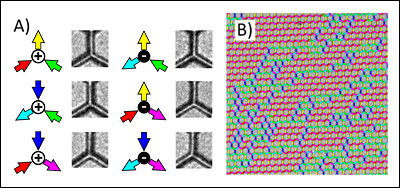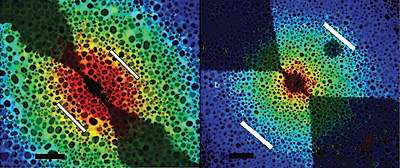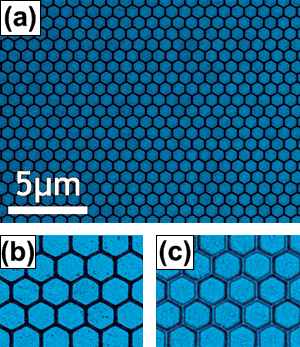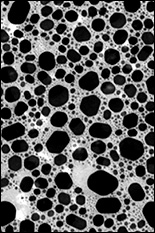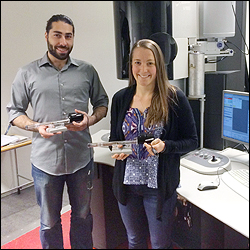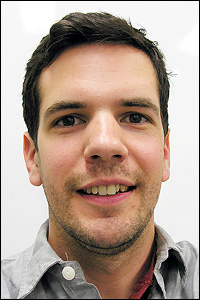News Story
Cumings Promoted

Associate Professor John Cumings.
"John's accomplishments in teaching and research are exemplary and the promotion is an acknowledgement of the excellent work he has done over the past seven years," says MSE professor and chair Robert M. Briber.
Cumings, who earned his Ph.D. in physics at the University of California at Berkeley in 2002, studies the dynamic properties of nanoscale systems. Since joining MSE in 2005, he and his group have routinely been recognized for their unusual discoveries at the nanoscale and the development of novel research techniques that made many of them possible. Among their notable accomplishments are the creation of a "pseudo ice" used to study the behavior of hydrogen atoms in real ice that seem to defy the Third Law of Thermodynamics; the invention of a technique called electron thermal microscopy, which allows real-time tests of nanoscale devices in situ; and the discovery of a phenomenon dubbed "remote Joule heating."
Cumings leads the University of Maryland Energy Frontier Research Center's anode team, which is developing a silicon nanowire-based battery anode capable of enhancing energy storage in lithium-ion batteries, and is part of a group of faculty and staff that has been instrumental in the development of the university's Nanoscale Imaging Spectroscopy and Properties (NISP) Laboratory, where he conducts most of his research.
In 2011, he received a National Science Foundation (NSF) Faculty Early Career Development (CAREER) Award for his work on frustration in nanomagnetic lattices and the Clark School's Junior Faculty Outstanding Research Award.
Cumings has also been active in improving the education of students and young scientists. He is a member of the Clark School's Keystone Faculty, a group dedicated to the success and retention of freshmen engineering students, and also serves as one of MSE's undergraduate advisors. In 2010, he was a co-PI on proposal that received $15 million from National Institute of Standards and Technology to establish a postdoctoral research program at the Maryland NanoCenter.
"I have always been very proud of my colleagues and the research conducted here," says Cumings. "This achievement is an affirmation that Maryland is also proud me. I am excited about what the future holds."
Published June 4, 2012
